Spring brings a welcome change from the dreary winter conditions. Here are five interesting Chinese idioms related to spring to brighten up your vocabulary.
-
1 百花齐放 (Bǎihuāqífàng)
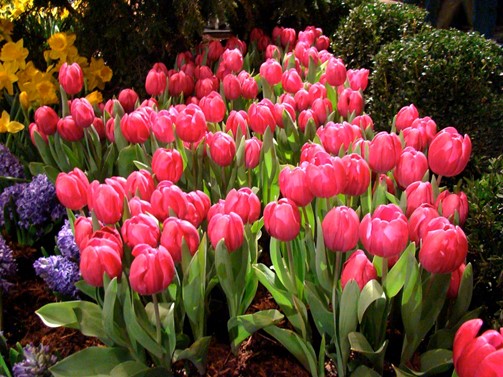 Tulips百 (bǎi) is hundred. / 花 (huā) is flowers. / 齐 (qí) is together. / 放 (fàng) is to release.
Tulips百 (bǎi) is hundred. / 花 (huā) is flowers. / 齐 (qí) is together. / 放 (fàng) is to release.百花齐放 describes many flowers blooming at one time.
This expression exaggerates how many flowers are growing during springtime.
This idiom also describes different styles of art working well together. This phrase encourages each work of art to have its own free expression.
To use it in a sentence, you could say:
"花园里百花齐放。"
(Huāyuán lǐ bǎihuāqífàng.)
The English translation is, "Flowers bloom in the garden."
-
2 春暖花开 (Chūnnuǎn huā kāi)
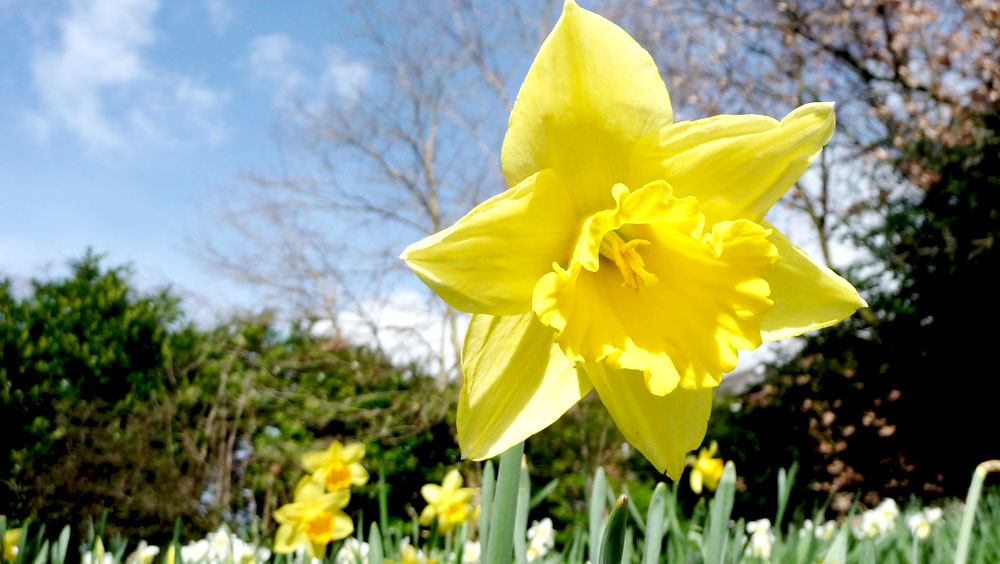 Daffodil春 (chūn) is spring. / 暖 (nuǎn) is warm. / 花 (huā) is flowers. / 开 (kāi) is open.
Daffodil春 (chūn) is spring. / 暖 (nuǎn) is warm. / 花 (huā) is flowers. / 开 (kāi) is open.春暖花开 describes how the warm spring weather arrives and how the flowers blossom.
This phrase is often used as a time expression meaning “during spring.” This idiom also indicates a good opportunity for studying or working.
To use it in a sentence, you could say:
"每到春暖花开的时候,大量的菠菜就上市了。 "
(Měi dào chūnnuǎn huā kāi de shíhòu, dàliàng de bōcài jiù shàngshìle.)
The English translation is, "Every spring when the flowers bloom, a lot of spinach comes to the markets."
-
3 雨后春笋 (Yǔhòu chūnsǔn)
 Bamboo雨 (yǔ) is rain. / 后 (hòu) is after. / 春 (chūn) is spring. / 笋 (sǔn) is bamboo shoot.
Bamboo雨 (yǔ) is rain. / 后 (hòu) is after. / 春 (chūn) is spring. / 笋 (sǔn) is bamboo shoot. 雨后春笋 is an expression that means "spring up like bamboo shoots after a spring rain."
This expression is like the English idiom "growing like mushrooms." Both suggest that many things emerge in rapid succession.
To use it in a sentence, you could say:
"新饭馆如雨后春笋般纷纷出现了。 "
(Xīn fànguǎn rú yǔhòuchūnsǔn bān fēnfēn chūxiànle.)
The English translation is, "New restaurants are popping up like bamboo shoots after rain."
-
4 春风化雨 (Chūnfēng huàyǔ)
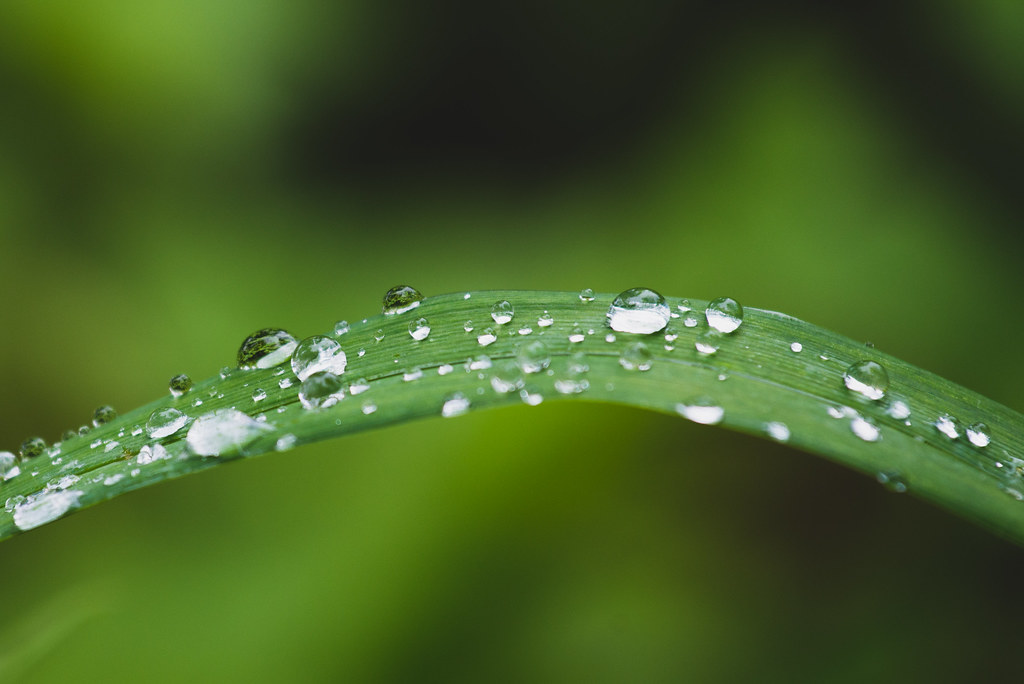 Dewy Leaf春 (chūn) is spring. / 风 (fēng) is wind. / 化 (huà) is to transform. / 雨 (yǔ) is rain.
Dewy Leaf春 (chūn) is spring. / 风 (fēng) is wind. / 化 (huà) is to transform. / 雨 (yǔ) is rain.春风化雨 describes how the spring weather nourishes grass and trees.
This idiom is also a metaphor for the nurturing influence of education. It explains how teachers are hard-working and dedicated to their students.
To use it in a sentence, you could say:
"老师对我们的关怀,就像春风化雨一样。 "
(Lǎoshī duì wǒmen de guānhuái, jiù xiàng chūnfēnghuàyǔ yīyàng.)
The English translation is, "The teacher's care for us is like spring breeze and rain."
-
5 草长莺飞 (cǎo zhǎng yīng fēi)
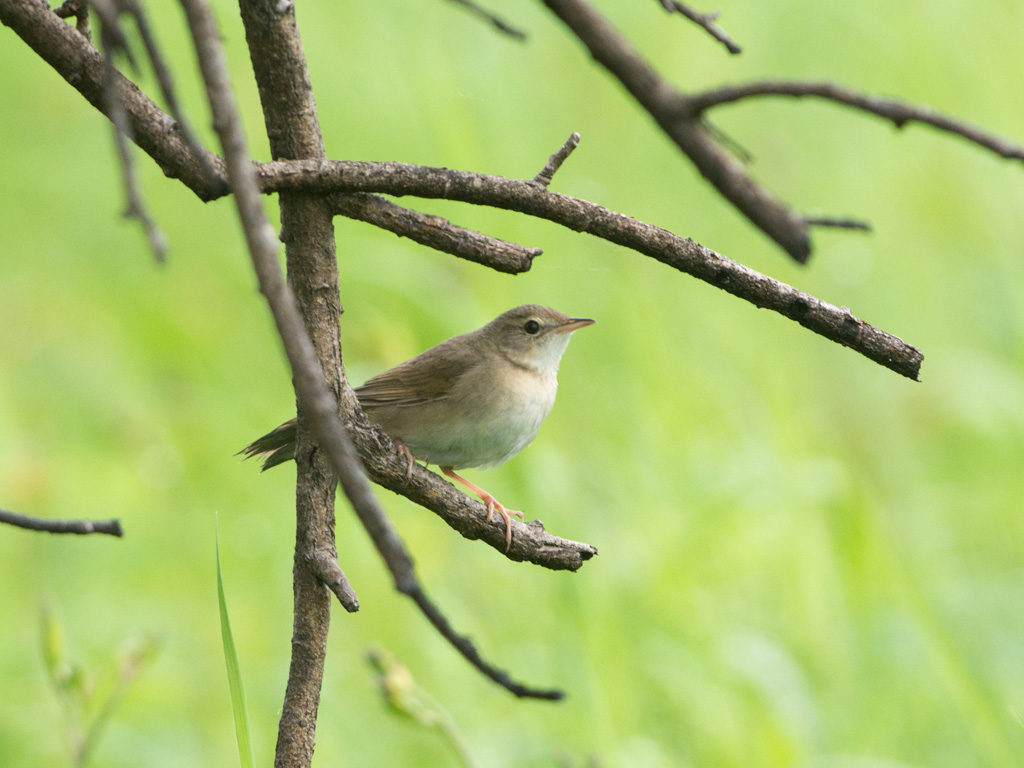 Bush Warbler草 (cǎo) is grass. / 长 (zhǎng) is to grow. / 莺 (yīng) is warbler bird. / 飞 (fēi) is to fly.
Bush Warbler草 (cǎo) is grass. / 长 (zhǎng) is to grow. / 莺 (yīng) is warbler bird. / 飞 (fēi) is to fly. 草长莺飞 is a popular phrase illustrating the lively and joyful nature of spring. The expression mentions the grasses growing tall and the warblers flying around.
To use it in a sentence, you could say:
"这个城市没有草长莺飞的传说。 "
(Zhège chéngshì méiyǒu cǎo zhǎng yīng fēi de chuánshuō.)
The English translation is, "There is no legend that the grass grows and the warblers fly in the city."
This phrase means that there are no romantic or exciting elements to the city.
Now spring has arrived, and you have learned new idioms. Why not explore and see what you can find outside?

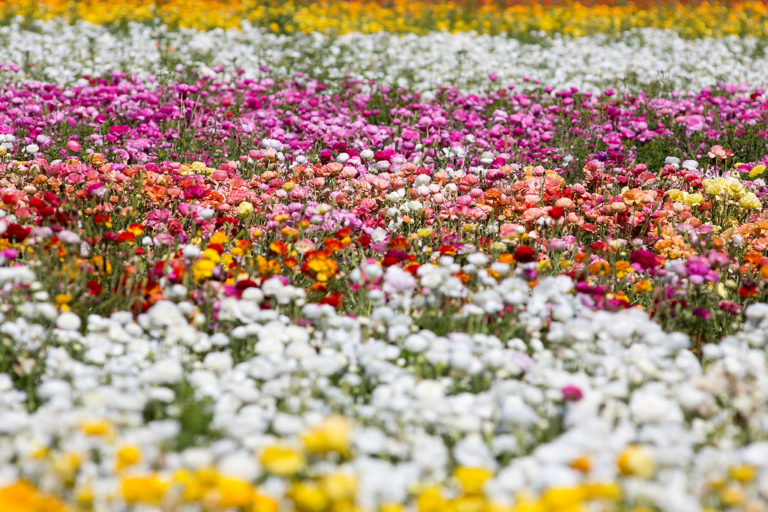

0 Comments